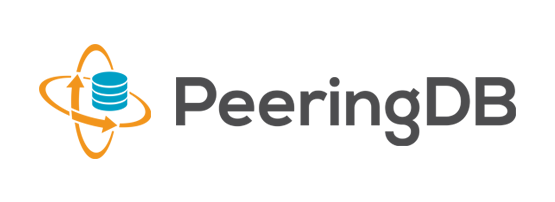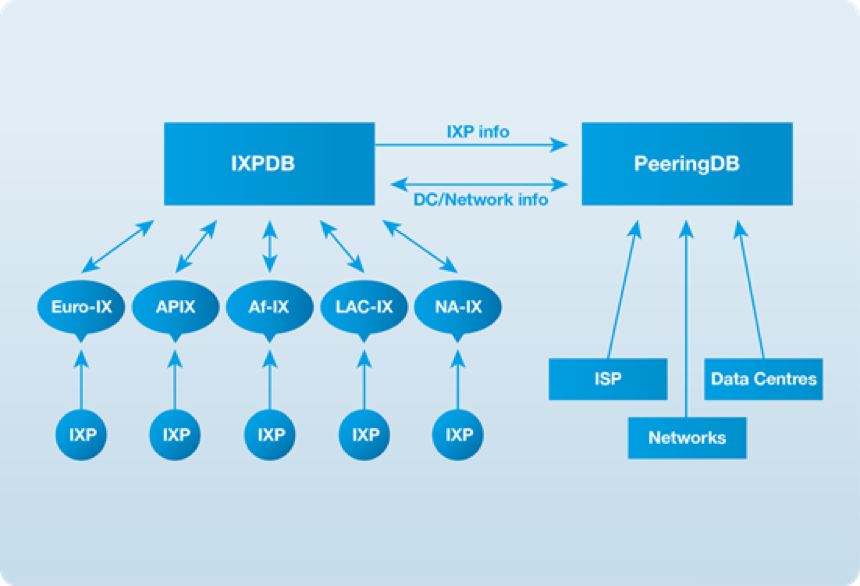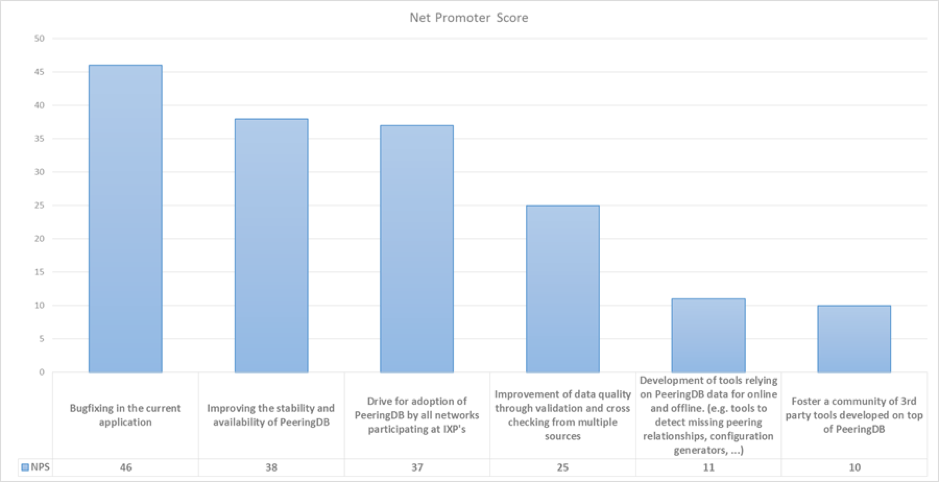
A key to the success of the Internet and its maintenance has been the collaborative efforts of the people behind the networks. For collaboration to work, it requires communication and information, both of which needs to be correct and up-to-date.
PeeringDB was built by the community, for the community, to provide a central repository of actionable data for peering coordinators. It is the single largest repository of actionable peering information available.
From the very beginning, PeeringDB has provided ways of accessing all data contained in its database. Initially, this was through the availability of database dump files, but now in PeeringDB version 2.0, an extensive API makes the information programmatically available. In addition to this API, the Python modules provided by PeeringDB allow everyone to create a local copy of the data.
The availability of this structured data, which can be easily and reliably integrated, has made PeeringDB an integral part of many organizations’ peering automation solutions, to the point that several networks have refused to peer with networks not registered in PeeringDB.
As a result of its popularity and the crowd-sourcing nature of PeeringDB, keeping your peering information current is essential.
This is particularly important when considering that many networks run their own validation layers on top of the raw PeeringDB data. This means there is no way of telling what certain networks will push to the network as peering configurations, which can possibly impact existing BGP sessions.
Database driven by the community for the community
PeeringDB is a community-driven effort and the inputs are converted into roadmaps by the PeeringDB Product Committee.
At the 11th European Peering Forum, held in Bulgaria last September, we asked attendees who used PeeringDB where the future development of PeeringDB should focus.
As you would expect from a tool becoming essential to the day-to-day operations of many networks, ensuring that the application is widely available 24/7, has as few bugs as possible, and the data is validated were the top requests among users surveyed (Figure 1).
To ensure this, PeeringDB is regularly releasing updates to address any issues reported by the community. We are also campaigning at conferences around the globe, including the recent APRICOT 2017 conference in Viet Nam, for more networks to join and add to our community.
Ensuring data is correct and not merely syntactically valid is especially challenging and PeeringDB is engaged in improving data quality one field and one definition at a time.
We are also exploring ideas of integrating other data sources like the Internet Exchange Federation database (IXPDB) and developing a mechanism to detect ‘stale’ records (Figure 2). It is natural to assume that automation tools will avoid such stale records, or at least attribute less significance to them, so keeping your network’s data up-to-date will be necessary to maintain the peering relationships.

Figure 2: Representation of how PeeringDB and IXPDB would share peering information for the purposes of improving and verifying each other’s databases. Source IX-F.
With an evolution of enterprise connectivity to Internet-based overlay network solutions, peering between access networks is the best way to provide quality. This ensures that the global supply chain composed of large and small companies alike will be able to rely on the Internet for its business-critical communications.
Contact us via email or Twitter if you would like to discuss PeeringDB further and remember, if you don’t register and update your peering information at community databases like PeeringDB, you’re missing out on potential people to peer and collaborate with!
Eric Loos is the Senior Product Manager Capacity and IP at BICS and is a member of PeeringDB’s Product Development Committee.
The views expressed by the authors of this blog are their own and do not necessarily reflect the views of APNIC. Please note a Code of Conduct applies to this blog.

